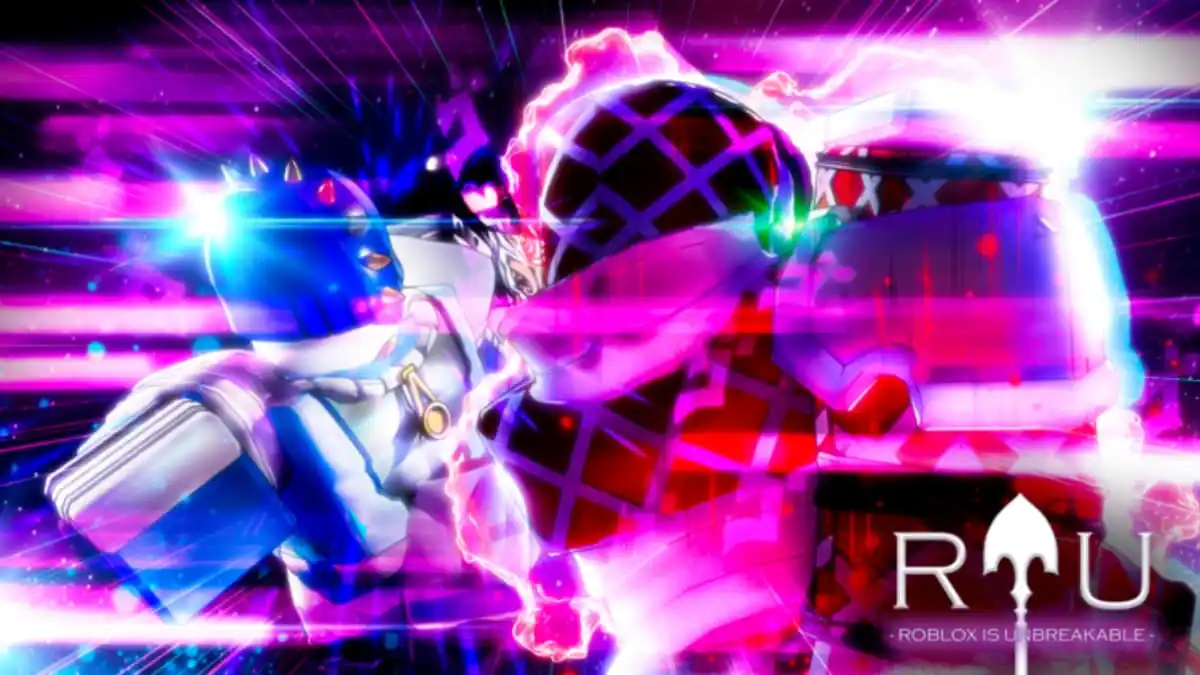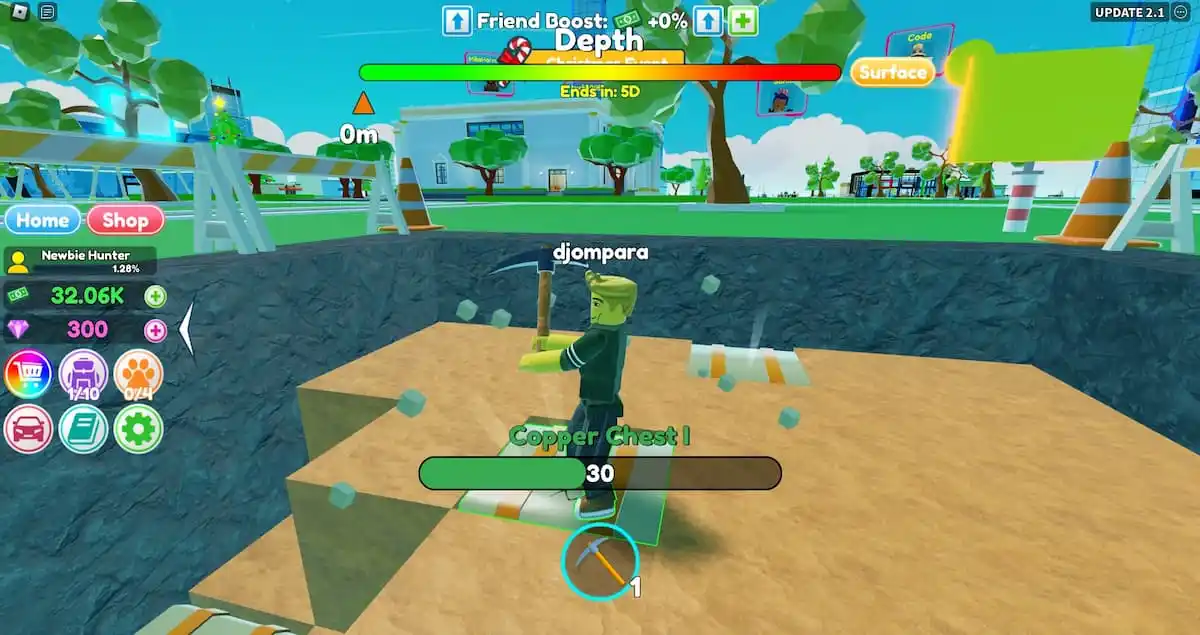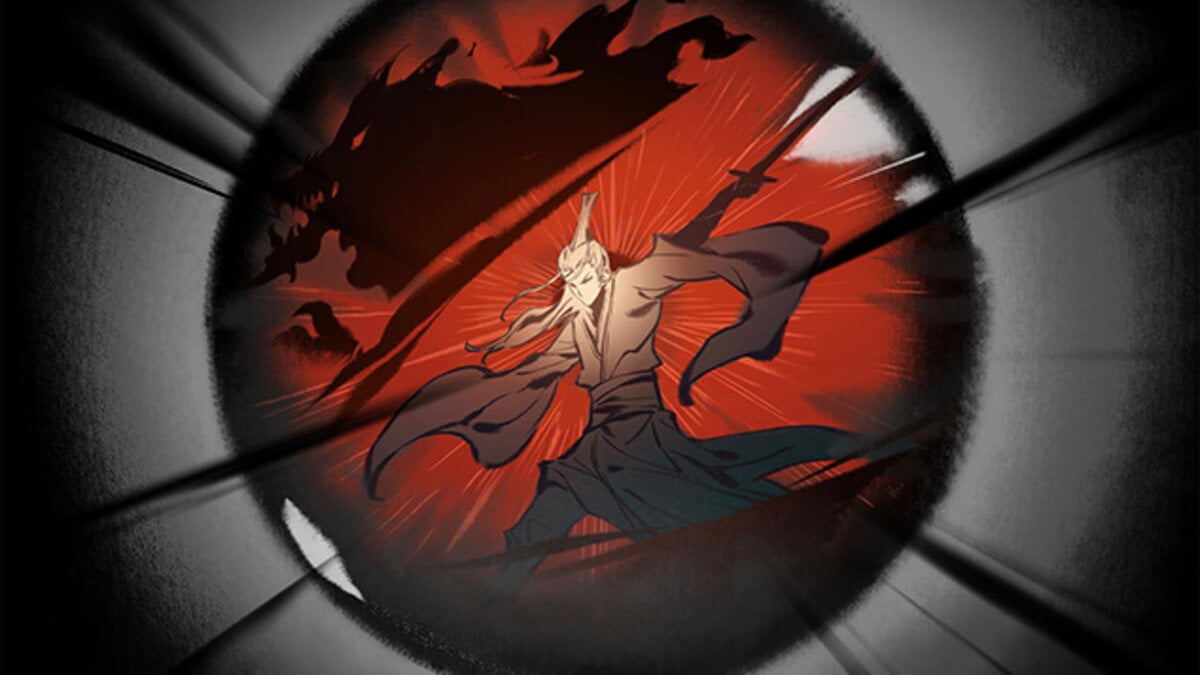For a game that has unrealistic System Requirements to run on an average PC, Hogwarts Legacy has seen its fair share of stuttering and crashes. Although the case is not particularly different for those playing on console, where crashes appear to be a common issue for players. But it is with the high requirements for those playing on PC that the faults within the performance become a glaring issue. However, in lowering settings as the common solution to most FPS drops and stutter issues, players can improve the games performance quality. But what about Ray Tracing in Hogwarts Legacy? Do you need it? We will discuss this below for how to turn this rendering technique on or off.
Do you need Ray Tracing ON?
Whilst Ray Tracing provides some form of added realism by using light to bounce off objects and the environment, casting more realistic lighting in the overall scene. The use of Ray Tracing is not an essential setting to enable. It does not improve your overall experience of the game, nor have a particularly powerful effect when on. You will likely not realise whether this mode is on or not in your playthrough. The key thing to note however is that Ray Tracing requires a higher performance to run successfully. Meaning that it will just much more power than if you had it disabled. It could easily be the cause for Frame Rate drops you may be experiencing in the game.
Whilst objects such as mirrors are better executed with the Ray Tracing enabled. You will also see more realistic shots within landscapes where reflections can be spotted, such as the light bouncing off glass. However, whilst it is a more realistic image in regard to how light works through going through matter such as glass or taking into account perspective and where the sun hits an object. It is not sufficient enough to warrant the increased work that your PC will have to go through just to keep Hogwarts Legacy running as smoothly as it can.
How to Turn Ray Tracing ON or OFF
Whether you are turning Ray Tracing on or off, this can be done within the games settings. Head into the Settings of Hogwarts Legacy. You should do this at the Main Menu screen otherwise the changes may not confirm as you cannot force a reboot after selecting the performance mode. The tab you need is the first one on the screen, ‘Display Options’. You can find Ray Tracing under the setting option, ‘Performance Mode’. Here you can select either ‘Fidelity’, ‘Fidelity with Ray Tracing’ or ‘Performance’. Restart the game and the changes will be applied. To disable it all you need to do is go back onto the Display Options and select either Fidelity or Performance to remove the use of Ray Tracing which can overwork the PC/Console.
For those playing on Console, you need to select your Performance Mode on your Settings to Game Default. This will use whatever mode that you select in the game.
That is our guide on how to turn Ray Tracing on or off in Hogwarts Legacy. For more guides within the Harry Potter universe, feel free to check out our related: How to Find Knotgrass Sprig in Hogwarts Legacy and Gladwin Moon Locations – How to Find All Demiguise Statues in Hogwarts Legacy. If you are interested in seeing more from us, you can also follow us on Gamer Journalist via our Facebook page.











Published: Feb 12, 2023 03:46 pm